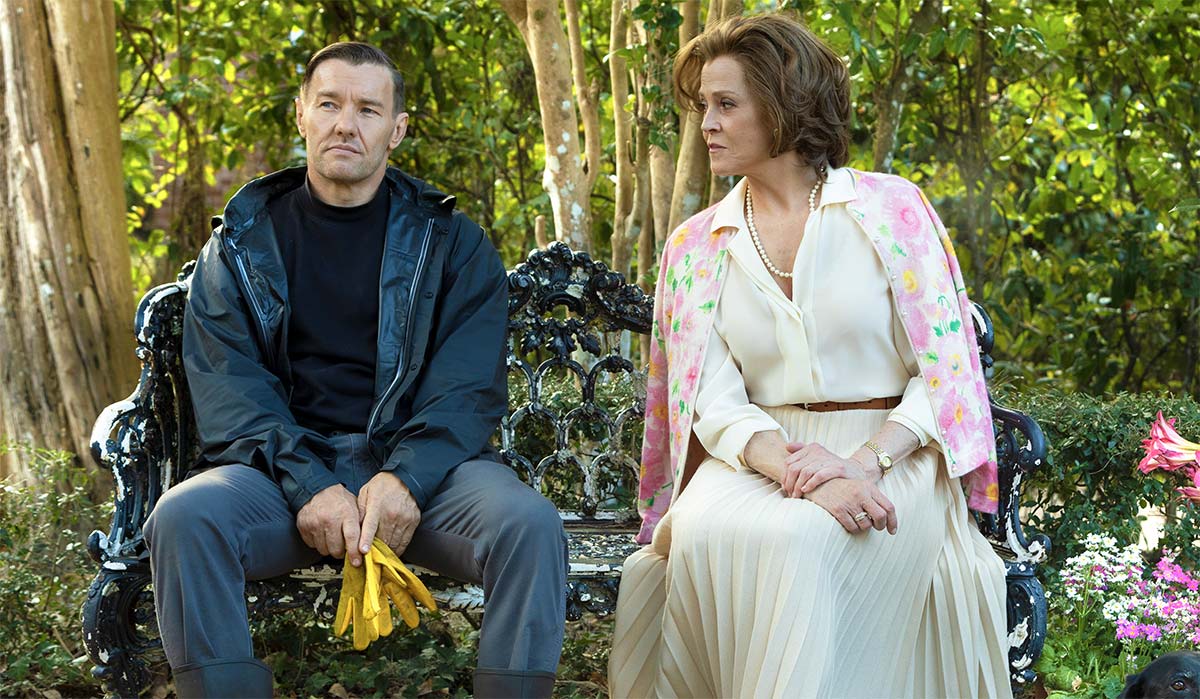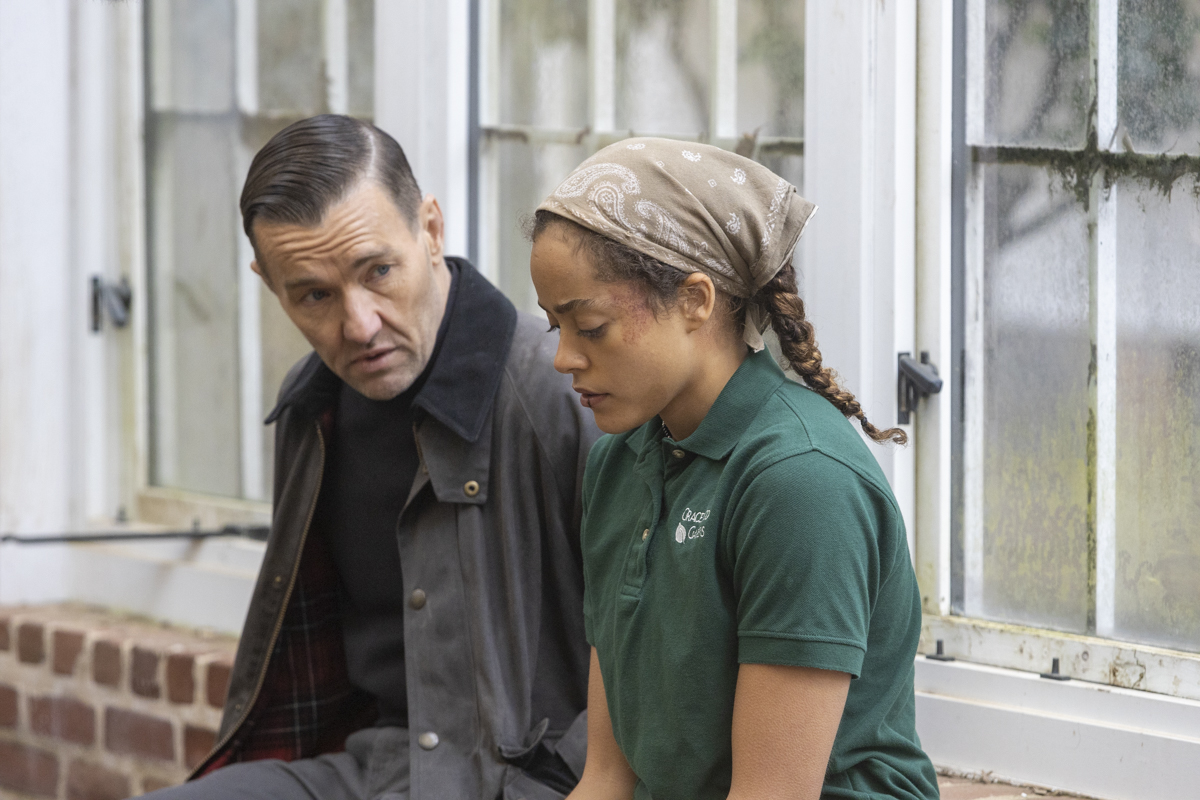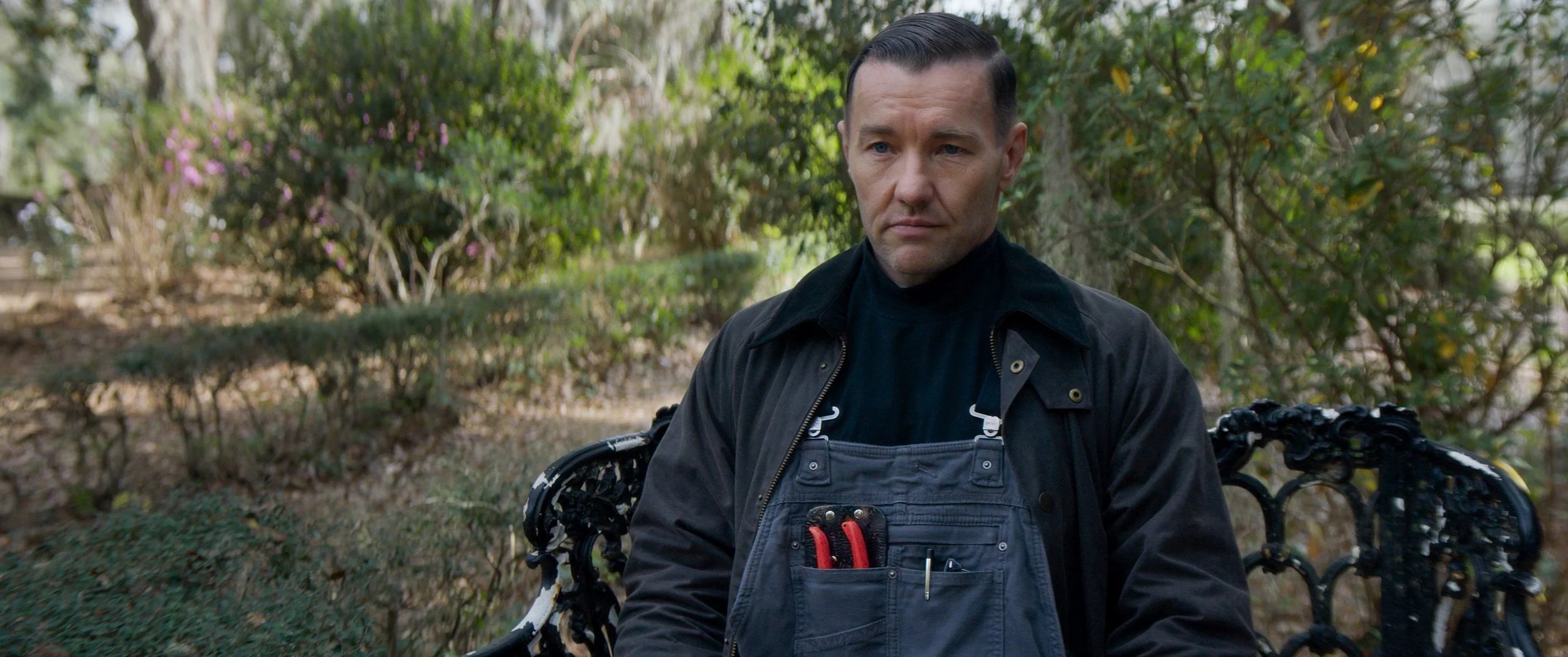‘Master Gardener’ is a thriller film that revolves around the story of Narvel Roth, the horticulturist of the Gracewood Gardens estate. The estate is owned by dowager Norma Haverhill, who is quite fond of her master gardener and lovingly refers to him as “Sweet Pea.” A man of very few words, Narvel spends his days tending to the gardens and his nights jotting down his thoughts in a small journal. But when Mrs. Haverhill asks him to take on her grand-niece as an apprentice, Roth’s meticulous routine is threatened, as are the secrets he’d buried long ago.
Directed by Paul Schrader, the film features Joel Edgerton, Sigourney Weaver, and Quintessa Swindell in the lead roles. Schrader’s third consecutive film to be premiered at the Venice Film Festival after ‘First Reformed‘ and ‘The Card Counter.’ An exploration based on the life of a man who prefers his solitude, ‘Master Gardener’ compels viewers to ask several questions throughout its run, not the least of which is whether there is a true inspiration behind the film or not. If you find yourself asking the same, then we have the answers for you.
Master Gardener is an Original Screenplay
No, ‘Master Gardener’ is not a true story. Written by director Paul Schrader himself, the film continues his “the man in a room” character trope. Schrader was inspired to make the protagonist of his latest film a gardener because he felt that the profession encapsulated both the light and the dark side of things. “On one hand, a white supremacist can say ‘We’re the gardeners, we pull out the weeds.’ On the other hand a humanist can say, ‘We’re gardeners, we help things grow.’ And both are using the gardening metaphor — one is evil and one is good,” the director told Variety.

The light and the dark side of things is something Joel Edgerton, who portrays Narvel Roth in the film, is quite familiar with — as he is known for his role as Anakin Skywalker’s half-brother in the ‘Star Wars’ prequels and in the mini-series ‘Obi-Wan Kenobi.’ But for his role in ‘Master Gardener,’ the Australian actor leans more toward the dark side, depicting a role whose past is jarringly problematic. This was deliberate on Schrader’s part, who wanted to write a character that is a cautionary tale; one who was seeking punishment for his past acts, and through that punishment a form of redemption.
Speaking with NPR about what kind of approach Schrader wanted him to take while bringing Roth to life on the screen, Joel Edgerton said, “What [Paul Schrader] was telling me was do nothing, let the story kind of let the words come through, that the less of an actor that I was, the better for that the film that he wanted to create. And I found that a really interesting challenge because I am an actor and there’s maybe a fear of doing nothing, a fear of not being good enough unless you’re … bringing your bag of tricks of performance and emotion.”
The actor also talked in an interview with ‘The Hot Corn’ about how much he admired Schrader’s way of storytelling — that of using metaphors through a simple narrative technique, such as writing a diary and having the audience relate those metaphors with the themes in the film, rather than having the character do it for them. Adding to it, actress Sigourney Weaver said, “…Watching the movie in the theater, you never know what’s going to happen, what Narvel’s gonna do, what each of the women [characters] are going to do, and so it’s very–it has an amazing build [up].”

Although a work of fiction, the themes of racism, identity, inequality, and white supremacy that ‘Master Gardener’ deals with are very much rooted in reality. While Schrader provides a nuanced view on these issues, in no way does the film ask the viewers to sympathize with any of the characters or their actions, especially not Narvel Roth.
Read More: Best Thriller Movies on Hulu


You must be logged in to post a comment.